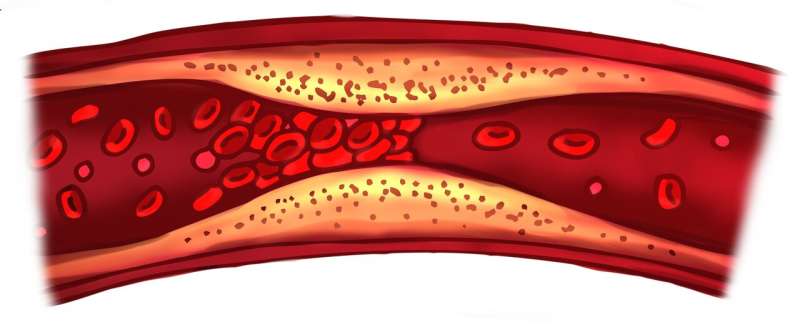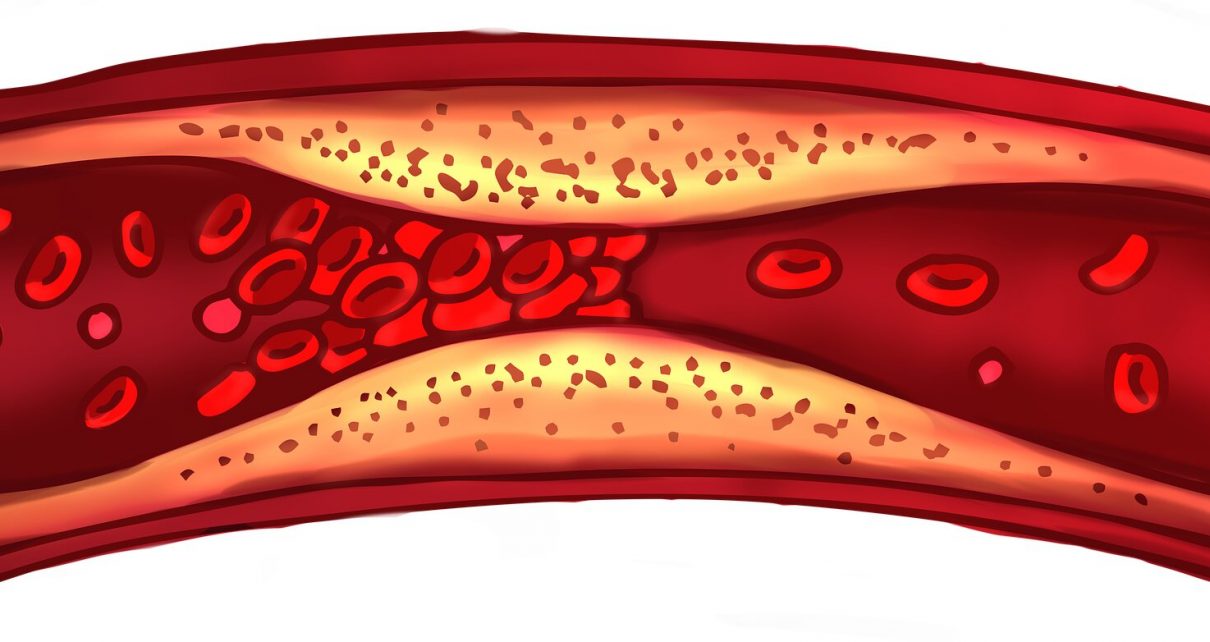
People with an additional X or Y chromosome—a genetic condition known as supernumerary sex chromosome aneuploidy—have an increased risk of developing blood clots known as venous thromboembolism (VTE), a Geisinger study has found.
The results were published in the Journal of the American Medical Association (JAMA).
VTE, which is often fatal, affects an estimated 900,000 people in the United States each year, and is a frequent complication for patients in intensive care and those with medical conditions such as cancer and COVID-19. VTE includes deep vein thrombosis (a blood clot in a deep vein, usually in the leg) and pulmonary embolism (a blood clot in the lung).
The Geisinger research team, led by Matthew Oetjens, Ph.D., assistant professor at Geisinger’s Autism & Developmental Medicine Institute, analyzed genetic and electronic health record data on two groups of patients—642,544 in all—enrolled in Geisinger’s MyCode Community Health Initiative and the UK Biobank, another large-population study based in the United Kingdom.
They found that approximately one in 500 Geisinger patients has an additional X or Y chromosome in their genome beyond the typical two found in females (XX) and males (XY). Those with an additional X or Y chromosome had a risk for VTE that was four to five times higher than expected.
“An additional X or Y chromosome is more common than many people think, but it does not often receive clinical attention,” Dr. Oetjens said. “Our study shows that there are underappreciated health risks associated with these disorders that could change medical care if known in advance.”
“VTE is a life-threatening, but preventable disease,” said Alex Berry, Ph.D., staff scientist at Geisinger and first author of the study. “It is important to identify individuals at high risk for VTE to minimize unnecessary illness and death.”
The analysis also suggests that the loss of an X or Y chromosome, known as Turner syndrome, is not associated with a higher risk of blood clots. Further research is needed to understand the medical implications of this association, the research team wrote.
More information:
Alexander S. F. Berry et al, Association of Supernumerary Sex Chromosome Aneuploidies With Venous Thromboembolism, JAMA (2023). DOI: 10.1001/jama.2022.23897
Journal information:
Journal of the American Medical Association
Source: Read Full Article



